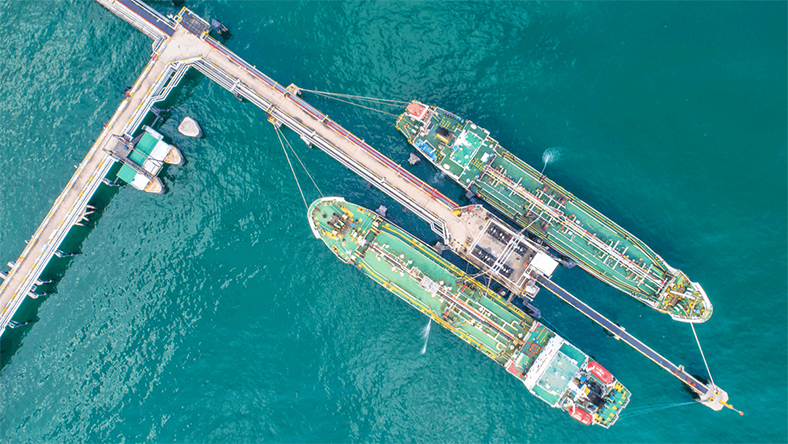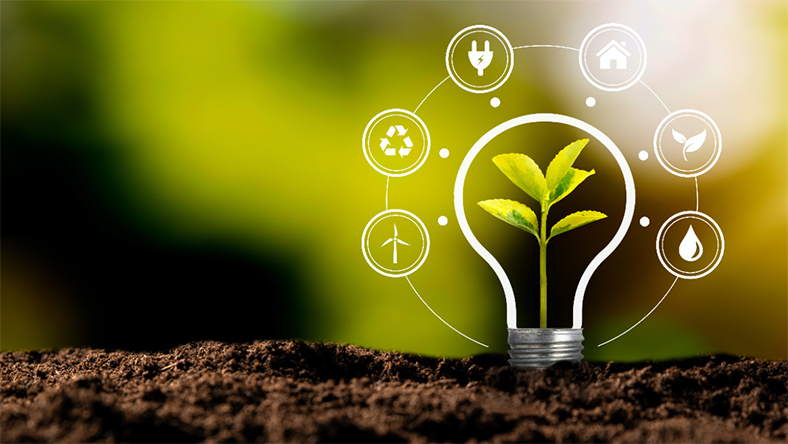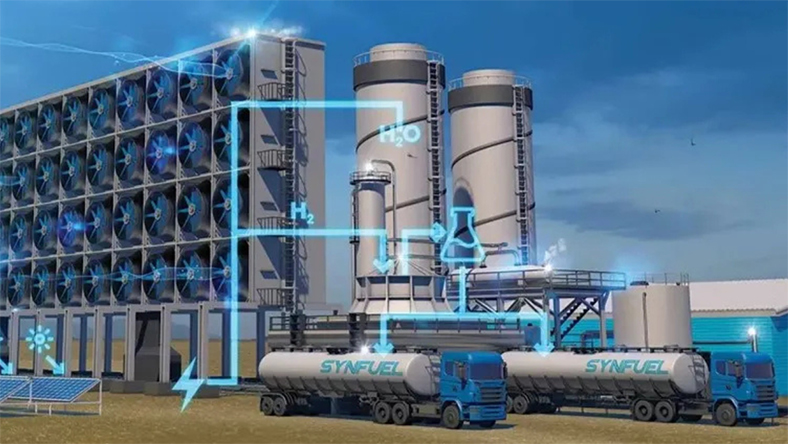INNOVATION
Can Galveston Become America's Green Fuel Port?
Galveston project aims to supply renewable marine fuel by 2028
25 Jul 2025

The US Gulf Coast is preparing to host one of the country's first facilities for renewable liquefied natural gas, after Galveston LNG Bunker Port signed a letter of intent with Loa Carbon to develop a site aimed at producing and supplying so-called e-LNG by 2028.
The initiative comes as shipping, which accounts for nearly 3 per cent of global greenhouse gas emissions, faces tightening rules from the International Maritime Organization and the EU. A persistent obstacle has been the supply-demand gap: shipowners hesitate to invest in vessels built for alternative fuels without assured supply, while producers delay projects until demand materialises. The Galveston plan seeks to address this by pairing production with bunkering infrastructure in one of the busiest maritime corridors.
E-LNG is made from renewable methane, created by combining captured carbon dioxide with clean electricity. Once liquefied, it can be used in ships already fitted with LNG engines, avoiding extensive retrofits. "The Gulf has the resources, infrastructure, and customer base to lead this transition," a Loa Carbon executive said at the project's announcement.
Developers selected Texas City for its access to industrial carbon dioxide streams and growing renewable power capacity, both essential for synthetic fuel production. Supporters argue these factors could enable e-LNG to scale and replace conventional marine fuels. Analysts, however, caution that production costs remain high and that climate benefits depend on limiting methane leakage throughout the supply chain.
Industry specialists suggest compatibility with today's LNG fleet could allow e-LNG to serve as a transitional option, particularly for ports that invest early in supply networks. Still, questions remain over whether the economics and emissions profile will prove competitive enough to spur rapid adoption.
If successful, the Galveston venture could serve as a template for integrating synthetic fuels into mainstream shipping. For now, it represents an early test of whether planned e-fuel projects can move beyond announcements and deliver measurable progress toward lower-carbon trade.
Latest News
13 Aug 2025
Can California’s Fuel Shift Spark a Global Trend?7 Aug 2025
Can $50 Carbon Capture Fuel the Future?25 Jul 2025
Can Galveston Become America's Green Fuel Port?19 Jul 2025
Why Airlines Are Turning to Blockchain for Green Fuel
Related News

REGULATORY
13 Aug 2025
Can California’s Fuel Shift Spark a Global Trend?

RESEARCH
7 Aug 2025
Can $50 Carbon Capture Fuel the Future?

INNOVATION
25 Jul 2025
Can Galveston Become America's Green Fuel Port?
SUBSCRIBE FOR UPDATES
By submitting, you agree to receive email communications from the event organizers, including upcoming promotions and discounted tickets, news, and access to related events.